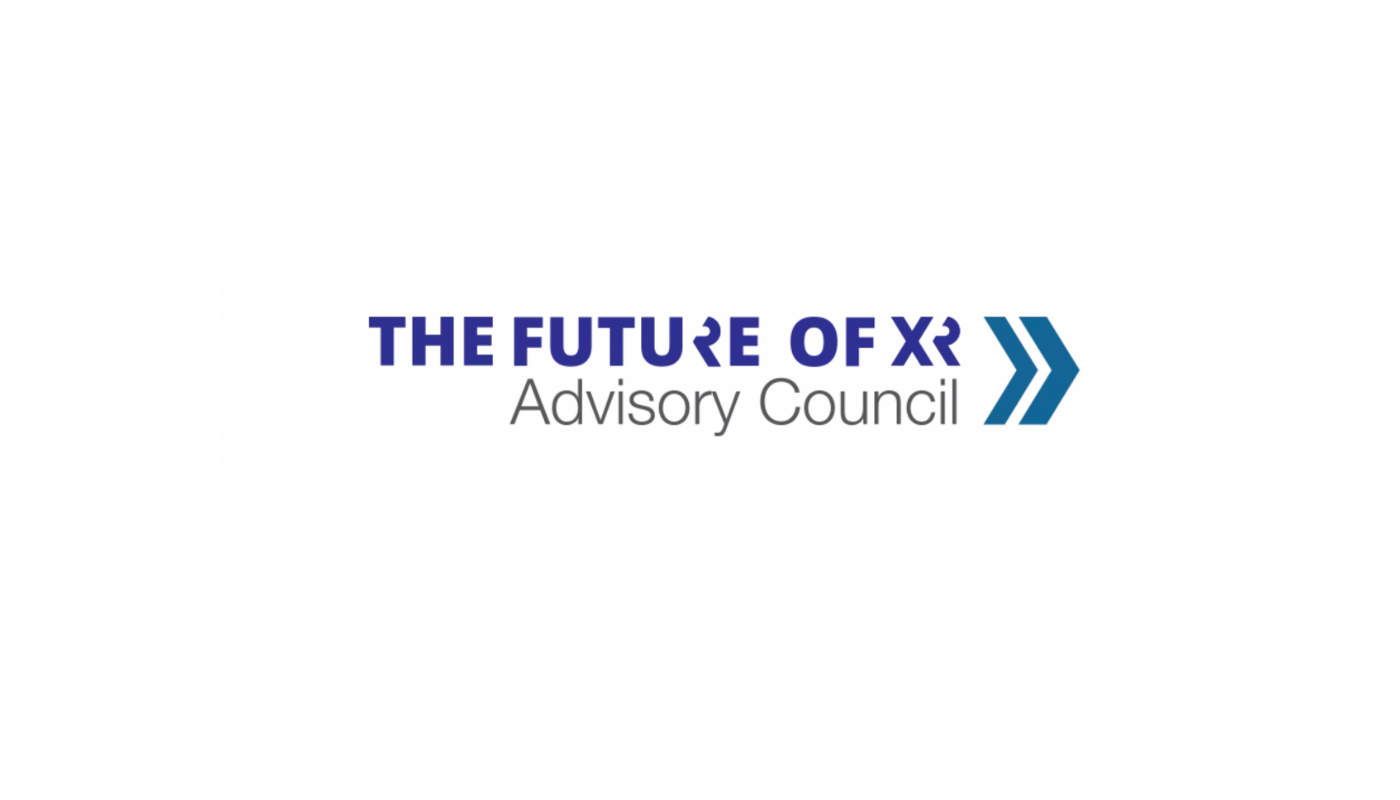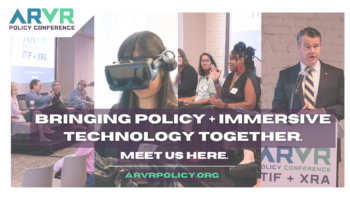Washington, D.C. – On January 31, 2023, and February 28, 2023, the XR Association (XRA) held the Interoperability Working Group of the Future of XR Advisory Council (XRAC). The XRAC is an independent, multistakeholder body focused on defining the XR ecosystem and informing the ongoing work of the XR Association. The interoperability working group was convened to discuss what essential functions are necessary to foster a vibrant immersive ecosystem and what guardrails and policies are needed to develop a roadmap to achieve these functionalities.
A natural starting point for the working group was to reach consensus on what we mean when we talk about interoperability. For those that are in engineering and software development it has a very technical connotation. But in practical terms it can mean that a consumer can play a game the same way and with the same look and feel, no matter what platform they are playing on. It can also mean that a consumer can use his or her digital assets (i.e. avatars, payments, specific digital goods or services that have been purchased, personal identifiable information (PII), medical and education records, social graphs, and user-generated content) across different platforms.
Less clear, however, is what the continuum of open and closed systems can or should be to accommodate this kind of functionality. Answers to this will depend on sectors involved, business models adopted, consumer demand, tools available to allow for interoperable functionality, and the costs and benefits that each of these raises in terms of factors such as safety, privacy, competition and more.
“When it comes to agreeing on what interoperability will and should look like in immersive spaces, much uncertainty remains, and continued dialogue is necessary,” said Liz Hyman, CEO of the XR Association. “The purpose of XRAC is to bring new ideas into the fold and think collectively about what’s best for the industry and the future of immersive technologies. Defining, debating, and bringing in new perspectives is necessary to creating inclusive, immersive experiences.”
While this initiative and its participants understood that discussions and determinations around technical requirements for interoperability are better suited for other forums, there is still much that can be clarified when it comes to policy and non-technical thought leadership that will help to foster interoperability. To that end, some of the themes that were discussed included:
- Defining Common Terms: Participants agreed that one of the greatest contributions that can be made at this early juncture among metaverse stakeholders is to devise common definitions of the types of virtual assets, services, and functionalities that will feature prominently in the quest for interoperability (e.g., social graphs, avatars, digital assets, medical records, identity documentation, and payment rails). A common framework for thinking about interoperability can spring from this important foundational exercise.
- Mapping the Immersive Ecosystem: Defining and elaborating on the components essential to an immersive ecosystem is vital to foster interoperability. Who are the stakeholders, what are their respective interests (economic, reputational, creative, etc.), and how do those interests implicate various policy considerations such as competition, intellectual property rights and data privacy. Understanding these factors may well determine the levels of interoperability stakeholders might offer or should be expected to offer. .
- Finding opportunities for public-private partnerships: The current political environment makes it highly unlikely that specific regulations will be put in place regarding interoperability along a timeframe that keeps apace with technological advancements. Yet, participants in this multistakeholder process felt that there is still a role for government in working with industry to develop guidelines and rules that foster a positive and innovative environment for immersive technologies.
The XRAC is an independent, multi-stake-holder advisory council focused on defining the XR ecosystem and informing the ongoing work at XRA, and specifically geared to discuss the technological innovations, regulations, and considerations for the future of immersive technologies. The working group is one of five overall that will take a deeper examination of specific topics that include:
- Safety and Well-Being of Young People
- Interoperability
- Privacy
- Diversity, Equity, Inclusion and Accessibility (with a focus on the workforce)
- Norms & Behaviors in Immersive Spaces
Once all the working groups have convened, the association will draft a white paper that covers a number of concepts and ideas raised by working members at each meeting. By promoting the responsible development of immersive technologies and providing a roadmap forward, this white paper aims to lend guidance to XRA’s future initiatives and to the XR industry at large.
XRAC is composed of top executives at industry-leading companies as well as representatives from civil society, academia, and former government officials. For the full list of members, a list of the XR and Interoperability working group, and to see high-level notes from the first convening, visit the XRAC site.





